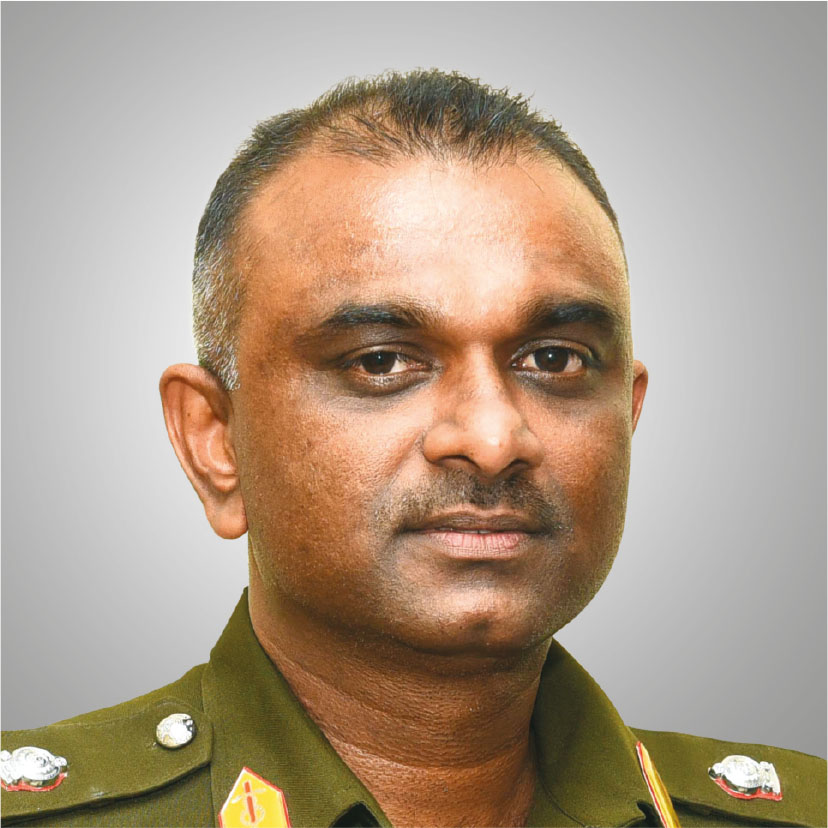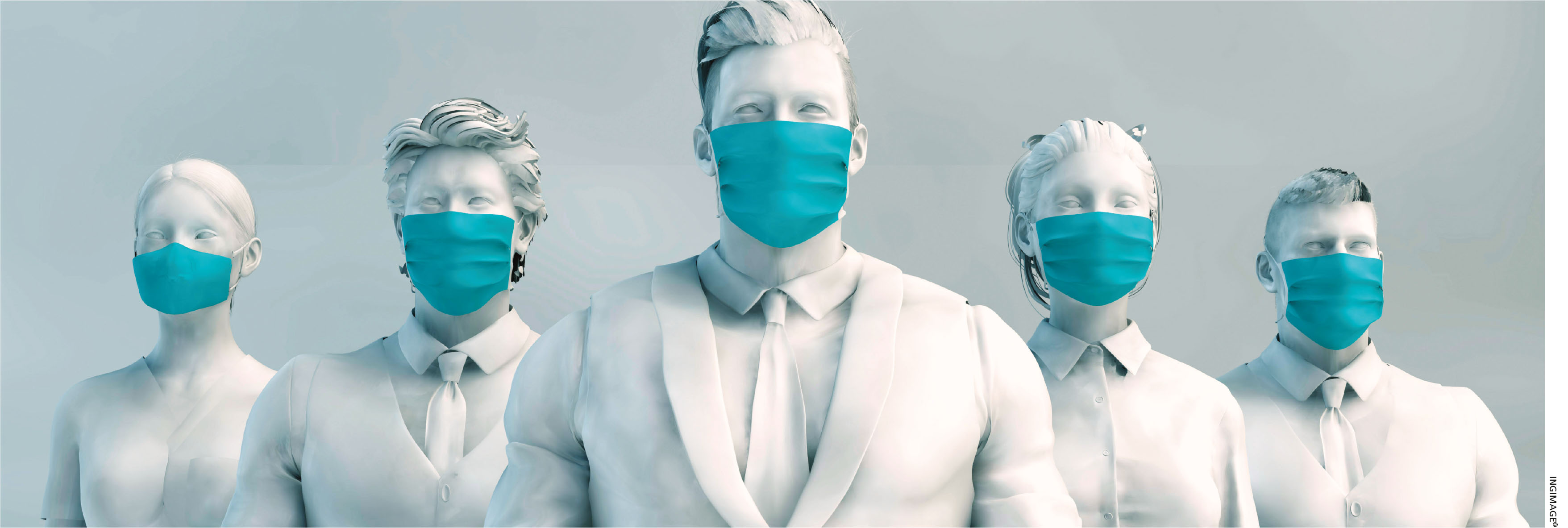HEALTHCARE IMPERATIVES
Preserving Business
Upul Rohana explains the role of healthcare officials in safeguarding business
“When the coronavirus was detected in Sri Lanka, government officials and the Ministry of Health were caught off-guard in March,” recalls Upul Rohana as he comments on the challenges faced by The Public Health Inspector’s Union of Sri Lanka (PHI) in its efforts to prevent the spread of the coronavirus in early 2020.
“At the outset, we did not receive clear guidelines or advice; nor did we have proper transportation or necessary supplies on hand,” he reveals, adding: “We lacked the means to supply food as well because the country had virtually shut down at the time.”
As in many countries the world over, one of the main issues that Sri Lankan authorities faced was coordination especially between the special task force, police and health officials. Given these conditions, there were differences of opinions and the island found itself in a state of uncertainty.
However, Rohana notes that as time went on, institutions such as the PHI, and various state departments and forces, identified tasks that their divisions could take responsibility for. By doing so, these parties were able to come together, and support each other and collaborate going forward.
There were many instances in which people at the grassroots level or on the front line lacked adequate knowledge to make informed decisions. In fact, he considers this to be a critical challenge that the country continues to face – i.e. guidance, and clear and specific instructions or knowledge may not be available or known when it comes to those taking decisions at the ground level.
Since the islandwide curfew was imposed and lifted, Rohana points out that the union has been vigilant in advising all businesses including exports and manufacturing organisations: “I believe that the vast majority of businesspeople and companies abide by these guidelines while carrying out activities.”
Many segments of the business community have been under the supervision of the PHI with frequent inspections being conducted. And with a limited number of serious incidents being reported, the union considered the pandemic to be largely under control despite some cases of noncompliance with precautions and guidelines observed in the latter part of the year.
Commenting on the union’s view of export and import activities, and their impact on the pandemic in the country, he explains: “When it comes to export activities, we do not face a great deal of risk as this involves dispatching goods outside the country.”
While there may be risks related to the import of items – which Rohana specifies has more to do with the possibility of certain diseases entering the country – he believes the systems and guidelines enforced at Sri Lanka’s ports and airports are sufficient to mitigate these.
“Similarly, when we export goods, destination countries employ their own processes and procedures to ensure their safety before accepting these items,” he explains.
Rohana insists that risks related to the spread of COVID-19 can be mitigated with the continued observation of health guidelines and safety precautions. To this end, the PHI is working to extend its support in an effort to ensure that business activities continue to minimise the impact of the pandemic on the national economy.
Summing up his views on the union’s role in supporting economic activities, Rohana concludes: “We are continuously strengthening our processes and providing guidance so that organisations operating under these prescribed guidelines are able to conduct their business without facing any additional risks going forward.”
Upul Rohana is the President of the Public Health Inspector’s Union of Sri Lanka (PHI) – he was interviewed by Ashwini Vethakan.





